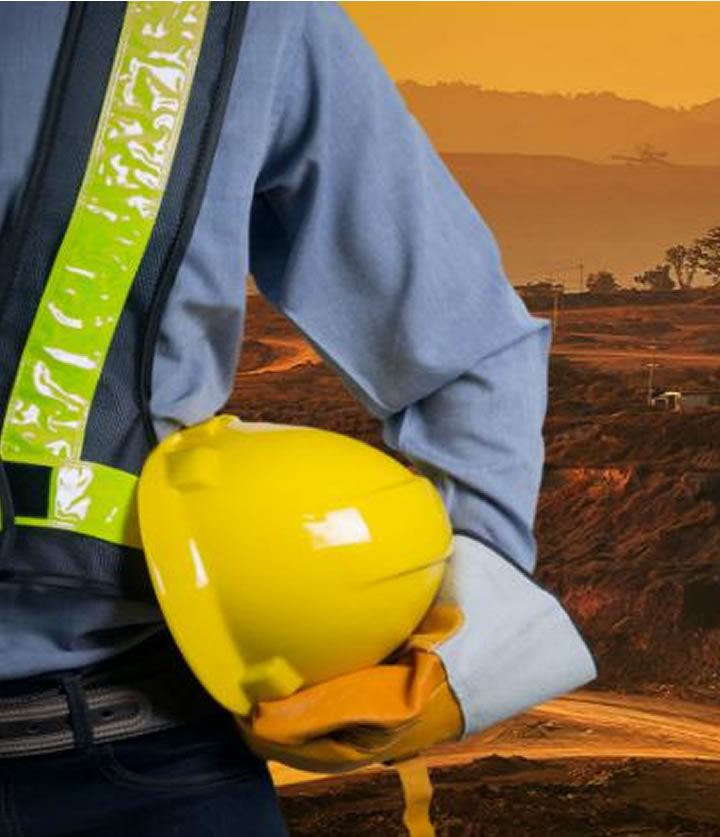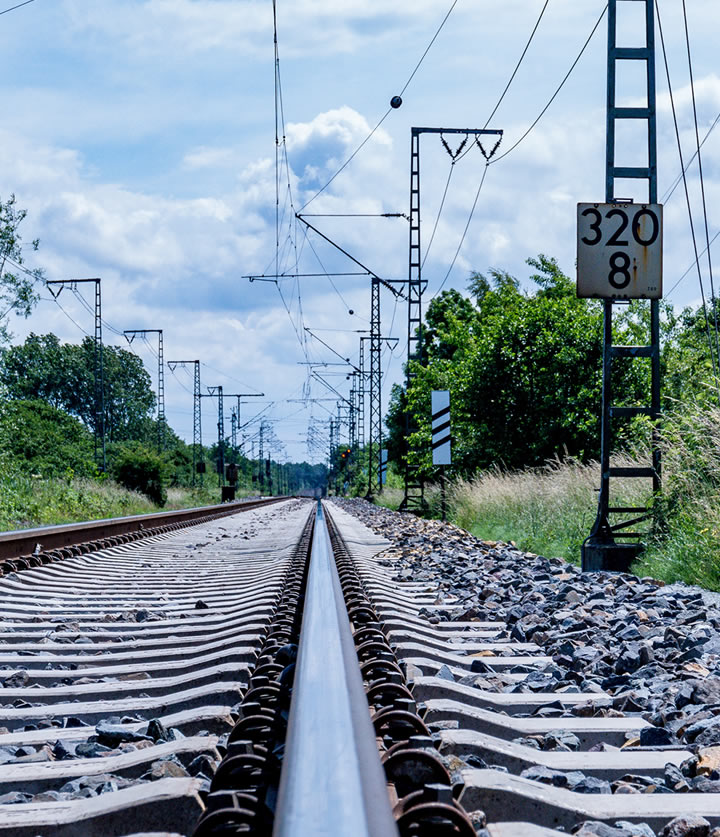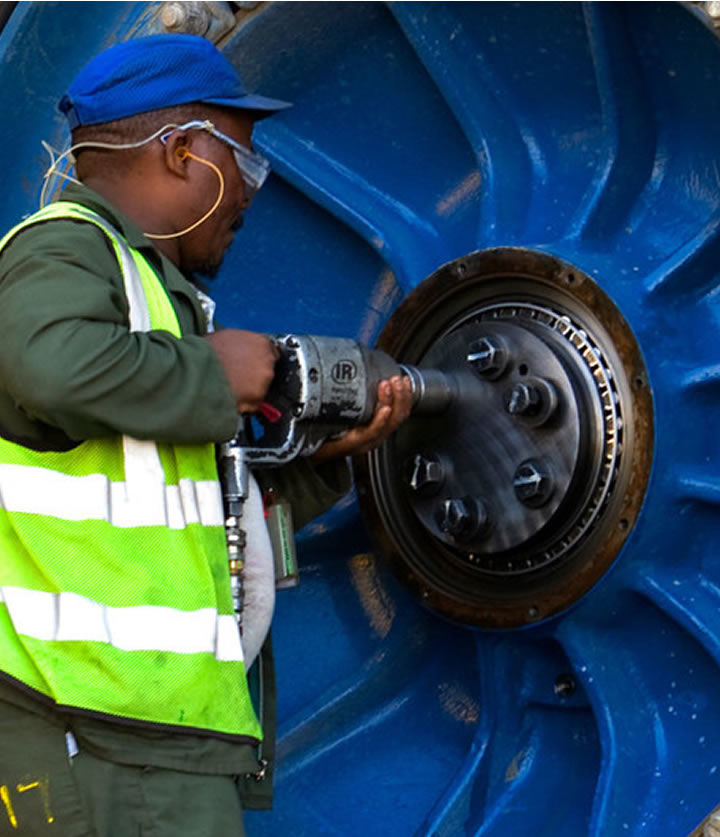Harnessing Homegrown Solution Mitigate Infrastructure Security Vulnerability
- Home
- Harnessing Homegrown Solution Mitigate Infrastructure Security Vulnerability
There is no doubt that the sheer responsibility and deliberate investment in the protection of critical and physical infrastructure in Africa including capacity building to empower the continent’s structural transformation agenda and stakeholders requires Africa to first begin a momentum towards industrialization; not necessarily to leapfrog, but to create cutting edge solutions to end poverty and generate employment for millions of potential job seekers, including women and young people who are joining the labour force every year. Second, the key factor retarding industrialization and the insufficient stock of productive infrastructure: power, water, accelerated manufacturing equipment, agribusiness value chain development skills and transport services expertise often demobilize and impede on the growth of industries with strong comparative advantages.

The aggregate impact of a quality, secured and highly efficient infrastructure enablers on the economic growth and inclusive social development of societies particularly in Africa is an important component of the African Decade Plan of Action 2063. Also, assured and secured infrastructure impact productivity and output directly as part of GDP formation and functions as an accelerator to lubricate multi-sector engagements and impacts. It does so, indirectly by reducing transaction and other cost implications, thus allowing a more efficient use of conventional productive inputs. Poor energy quality often imposes additional costs on firms such as idle workers, lost production, or damaged production infrastructure, including high-end investment potentials.
A secure and well management critical and physical infrastructure allows for a more efficient use of conventional productive inputs. It does this as a factor of production for virtually all goods and services generated by other sectors. In addition, it can affect the adjustment costs of investment, the durability of private capital, and the demand for and supply of quality services. If transport, electricity, or telecom services are absent or unreliable, firms face additional costs (buying power generators, for instance) and struggle to adopt new technologies. Better transport increases the effective size of labor markets.
For much of the period since World War II, there has been an intellectual consensus that creates barriers to market access; tariffs, quotas, and nontariff measures disadvantaging foreign firms; safety and sanitary requirements; local content and the likes – were the main barriers to trade and foreign direct investment in Africa.
As an industry, multisector and management consulting experts, our priority is to support businesses, communities, and government at all level to enhance infrastructure readiness, risk mitigation and investment to mitigate against a more resilient cyber and physical threats to existing infrastructure.
To propel relevant actors to engage and cross fertilize emerging strategies and innovation for quality, physical and critical infrastructure efficiency, we encourage public and private sector officials, corporate and commercial investors and operators to learn and share and emerging solutions to eliminate structural gaps.
See You Soon!
Prof. Carl Oshodi, Ph.D., DBA, Group CEO, AI-Group Inc. Lead, ACRIS Summit Group.






